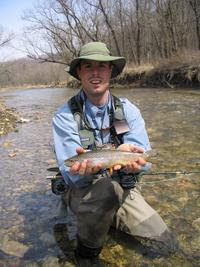 The U.S. livestock industry—a large and vital part of agriculture in this country—has been undergoing a drastic change over the past several decades. Huge CAFOs (confined animal feeding operations) have become the predominant method of raising livestock, and the crowded conditions in these facilities have increased water and air pollution and other types of harm to public health and rural communities.
The U.S. livestock industry—a large and vital part of agriculture in this country—has been undergoing a drastic change over the past several decades. Huge CAFOs (confined animal feeding operations) have become the predominant method of raising livestock, and the crowded conditions in these facilities have increased water and air pollution and other types of harm to public health and rural communities.CAFOs are not the inevitable result of market forces. Instead, these unhealthy operations are largely the result of misguided public policy that can and should be changed.
In this report, the Union of Concerned Scientists analyzes both the policies that have facilitated the growth of CAFOs and the enormous costs imposed on society by CAFOs. We also discuss sophisticated and efficient alternatives for producing affordable animal products, and offer policy recommendations that can begin to lead us toward a healthy and sustainable food system.
Read the entire report, The Untold Costs of Confined Animal Feeding Operations, published by the Union of Concerned Scientists or read the shorter executive summary.










